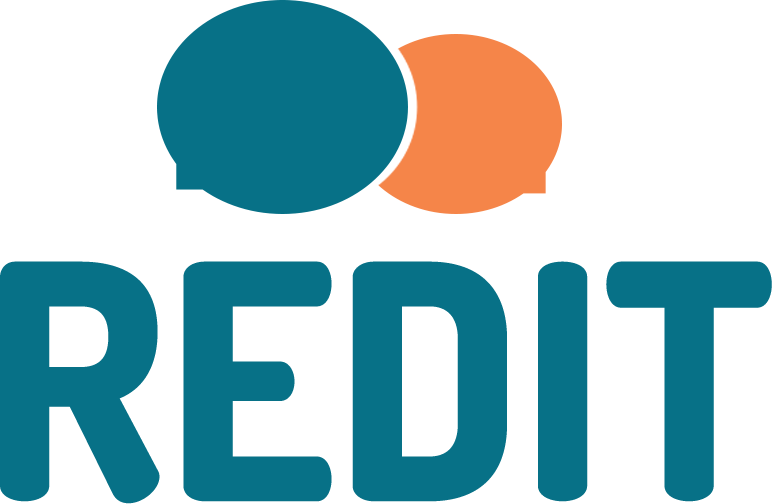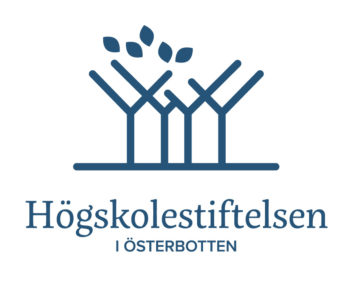New publication: Improving Immigrant Inclusion Through the Design of a Digital Language Learning Game
A new book chapter from the REDIT project is now available. Here we present the user-centered design (UCD) process and co-creative approach, which we apply in the development of the game. We also present findings from a background study identifying needs and experiences of preparatory education teachers and integration training instructors.
In short, our UCD process is an iterative design and development process constituting four phases:
- Background research, including
- a systematic literature review on digital games for second language acquisition;
- benchmarking of existing digital language learning games;
- curriculum analysis;
- interviews with preparatory education teachers about their needs and experiences.
- Ideation and concept development, including
- defining content, functions, features, and usability;
- testing the ideas with intended end-users.
- Design and development, including
- iterative game design and development;
- user research feeding into the iterative design and development process. Here we employ a mixed methods approach to gain insight into usability, playability, and game outcomes.
- Implementation and evaluation, including evaluation of long-term outcomes, efficacy of game features and functions, usability etc.
Follow the link below to read more.
- Katz, H., Acquah, E., Bengs, A., Sten, F., & Wingren, M. (2022). Improving immigrant inclusion through the design of a digital language learning game. In O. Bernardes & V. Amorim (eds.), Promoting Economic and Social Development Through Serious Games. IGI Global.






